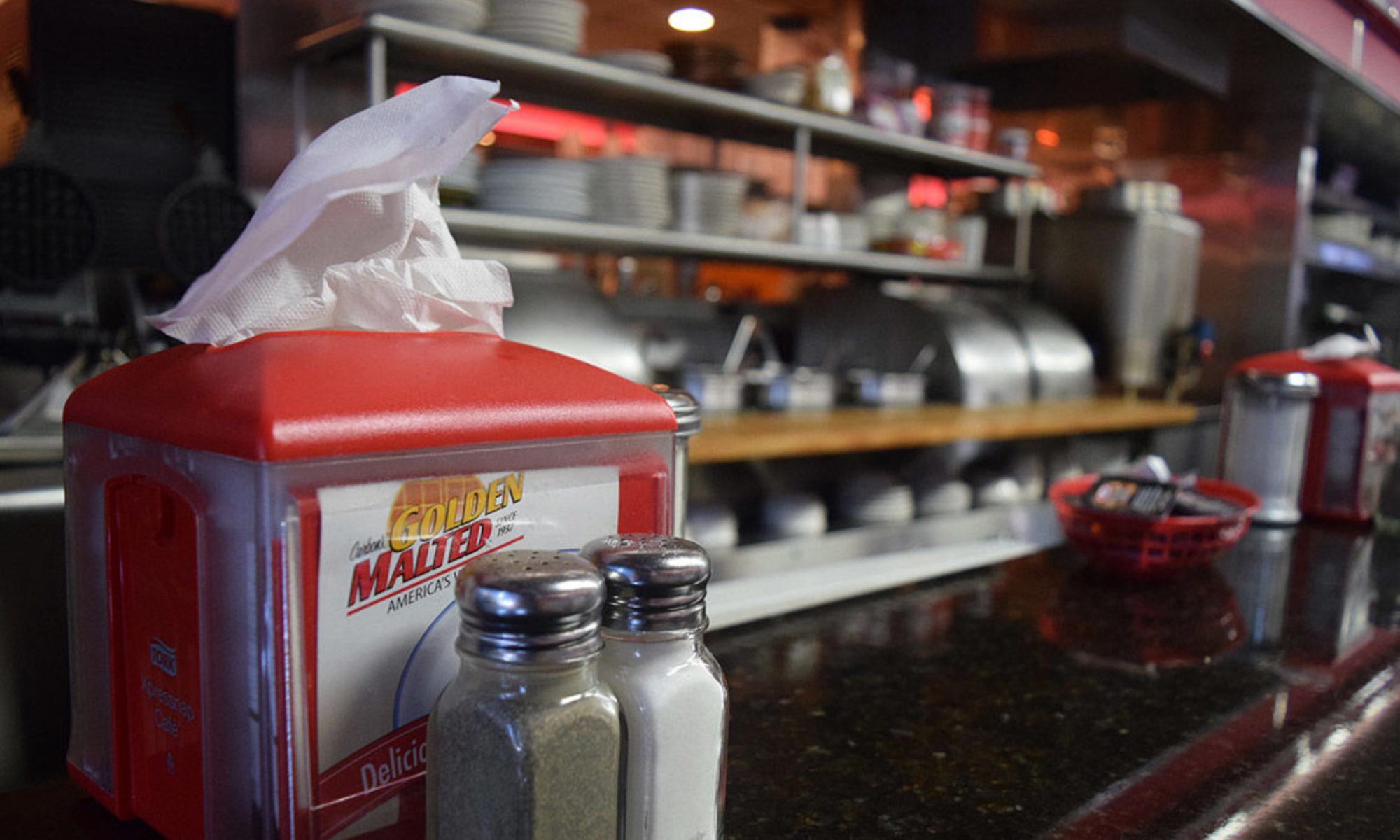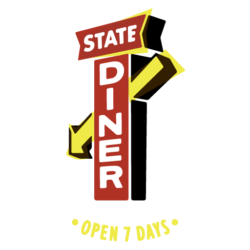Opening a business is an exciting journey, especially in the food industry where creativity and community intersect. Understanding key processes like kansas llc ownership transfer ensures smooth transitions when changes in ownership occur, providing stability and clarity for your venture. Whether you’re launching a classic diner or an innovative food concept, understanding the essentials of business registration and startup strategies is crucial. Here’s a guide tailored for aspiring entrepreneurs in the dining sector, offering actionable steps to bring your vision to life.
1. Define Your Concept and Market
The foundation of any successful food business is a clear and appealing concept.
- Identify Your Niche: Whether it’s comfort food, organic ingredients, or late-night snacks, focus on what makes your diner unique.
- Understand Your Audience: Conduct market research to determine your target demographic and their preferences.
- Create a Memorable Brand: Develop a name, logo, and branding that reflect your diner’s personality and story.
A strong concept and brand identity set the tone for your business and attract loyal customers.
2. Choose the Right Business Structure
Selecting the appropriate business structure impacts your taxes, liability, and operations.
- Sole Proprietorship: Simplest option but doesn’t offer personal liability protection.
- Limited Liability Company (LLC): Balances simplicity with liability protection, ideal for small businesses.
- Corporation: Suitable for larger operations planning to expand or seek investors.
Consulting a business advisor or attorney helps ensure your choice aligns with your goals and resources. Spin now on slot and experience the thrill of bigger wins and nonstop fun! For a secure and trusted gaming experience, 토토사이트검증 먹튀스팟 provides the verification you need. You can also try exploring 벳위즈 for a fun and thrilling game.
3. Register Your Business
Proper registration is a key step to legally operate your diner.
- Register Your Business Name: File your chosen name with your state or county to secure your brand.
- Obtain an EIN: Apply for an Employer Identification Number from the IRS for tax purposes.
- Secure Licenses and Permits: Common permits include food service licenses, health permits, and alcohol licenses if applicable.
Meeting these requirements ensures compliance with local and state laws.
4. Create a Detailed Business Plan
A well-thought-out business plan is your roadmap to success.
- Outline Your Goals: Include short-term objectives, like opening day, and long-term plans, like expanding your menu or hours.
- Financial Projections: Detail startup costs, revenue expectations, and operational expenses.
- Marketing Strategy: Plan how you’ll promote your diner through social media, local advertising, and community events.
A solid business plan not only guides your operations but also attracts potential investors or lenders.
5. Find the Perfect Location
Location is critical for a diner’s success, impacting foot traffic and customer accessibility.
- High-Traffic Areas: Look for locations near busy streets, schools, or shopping centers.
- Consider Space and Layout: Ensure the space accommodates a kitchen, dining area, and storage.
- Negotiate a Lease: Work with a real estate professional to secure a favorable lease agreement.
A great location enhances visibility and convenience for your customers.
If you invested in a real estate property like a parcel of land that you plan to sell, be sure to get in touch with reputable land buyers. We buy Arizona land for cash, ensuring you receive a fast, reliable offer and a stress-free selling process tailored to your needs. Then, you can use the cash to pay for the lease.
6. Build Your Dream Team
Your staff is the heart of your diner and plays a significant role in customer satisfaction.
- Hire the Right People: Look for experienced cooks, servers, and managers who share your vision and values.
- Provide Training: Offer comprehensive training to ensure consistency in service and food quality.
- Foster a Positive Culture: Create a supportive work environment to retain employees and build a strong team.
Happy employees lead to happy customers and a thriving business. You may also partner with a company that provides reliable frozen goods delivery for London restaurants.
7. Market Your Diner
Effective marketing helps you attract and retain customers in a competitive industry.
- Leverage Social Media: Share behind-the-scenes content, daily specials, and customer testimonials on platforms like Instagram and Facebook.
- Engage with the Community: Host events, partner with local organizations, or offer discounts to attract locals. For even greater impact, consider using an advanced influencer marketing techniques guide to amplify your outreach and connect with a wider audience.
- Encourage Online Reviews: Positive reviews on platforms like Yelp and Google can significantly impact your diner’s reputation.
Consistent marketing keeps your diner top-of-mind for customers. Partnering with a Phoenix digital marketing agency that delivers ROI ensures your efforts translate into real growth and customer loyalty.
8. Prioritize Quality and Consistency
In the food industry, quality and consistency are key to building a loyal customer base.
- Source Fresh Ingredients: Partner with reliable suppliers to ensure high-quality food.
- Develop Signature Dishes: Create memorable menu items that customers will return for.
- Gather Feedback: Regularly ask for customer input to improve your offerings and service.
Delivering an exceptional experience keeps customers coming back for more.
Final Thoughts
Starting a diner or food business is a rewarding venture that combines passion, hard work, and strategic planning. By focusing on your concept, complying with legal requirements, and prioritizing quality, you can create a beloved establishment that serves your community. TheStateDiner.com is here to inspire and guide entrepreneurs in the food industry, helping you turn your dream into a delicious reality.

